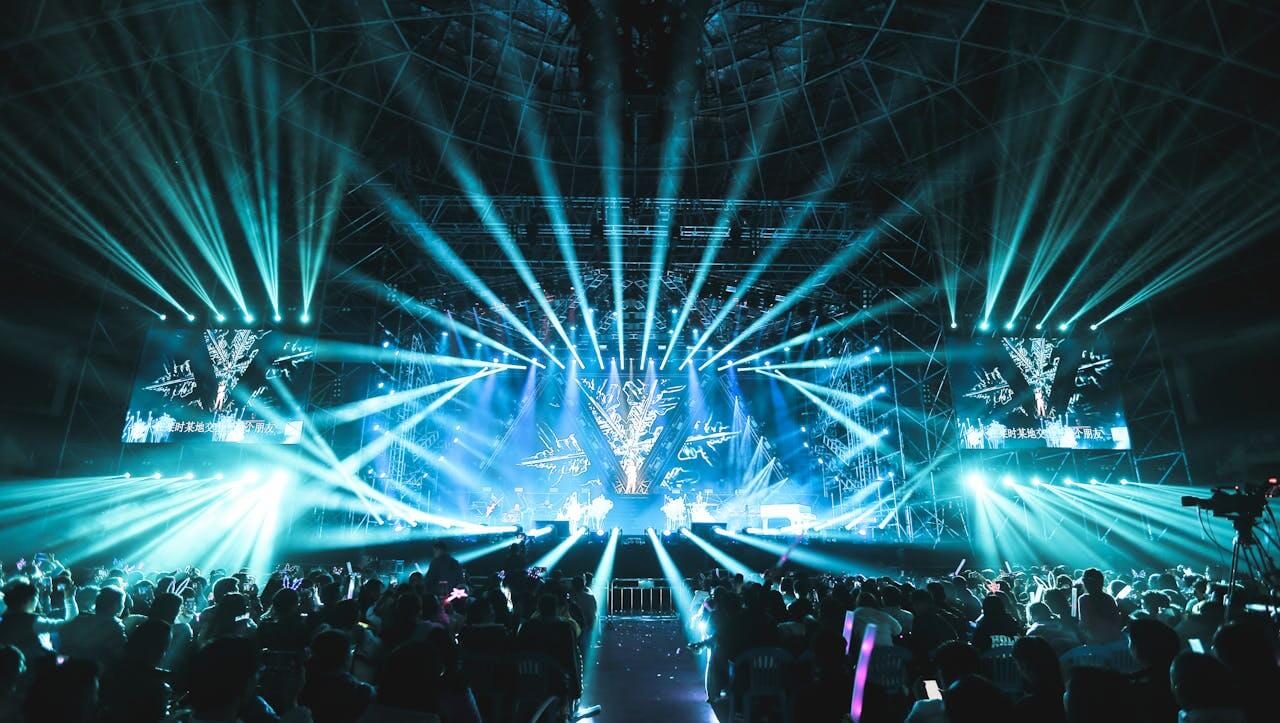
As we prepare for the rebound in travel demand, it’s important to keep a pulse on the latest digital innovations you can leverage across channels to make a greater impact on performance.
NB: This is an article from NextGuest
This month, Google rolled out a major core algorithm update, LinkedIn added new company targeting capabilities, and TV streaming ads rose in popularity. From SEO to Social Media and Design, here are the top 5 things you need to know now in hotel digital marketing.
1. SEO: Google rolls out May 2020 core algorithm update.
On May 4th, Google began rolling out the May 2020 core update, which is reported to be a larger, broader update than previous algorithm updates. When measuring the impact on organic listings across verticals, SEMRush data showed the industries most impacted were travel, real estate, health, pets & animals, and people & society.
We will closely monitor any significant changes to organic rankings and include optimization recommendations in our ongoing analysis.

2. SEM: Google adds website links to Call Ads.
Google announced that marketers can now add website links to Call Ads to give consumers another way to contact and engage with businesses during a time when COVID-19 related call volumes are very high and wait times may be long. Adding a website link expands the size of the Call Ad, giving you greater digital visibility on the search results page. It’s important to note that Call Ads only appear on mobile devices capable of making phone calls.
While customer service is a top priority during the COVID-19 pandemic, Call Ads are a great way to encourage phone reservations during a time when many travelers are hesitant to book and may have questions regarding cancellation policies and details of your CDC compliant prevention plan. To ensure your hotel is providing easy access to this important information, prominently display cancellation policies and prevention plans on the hotel website where they are easily accessible from SEM ads. This is a great way to give potential guests the confidence to book.

3. Social Media: LinkedIn adds new ad targeting types, Company Category and Company Growth Rate.
The new LinkedIn Company Category targeting is defined based on publications and industry lists that group companies into specific market segments, including Fortune 500, Forbes World’s Most Innovative Companies, LinkedIn News Editor’s Top Startups, and more.
The new Company Growth Rate targeting allows you to reach members based on the year over year employee growth rate associated with their company. Growth rate for a company is determined by comparing recent total employee count vs one year prior.
This new targeting is valuable for hotels focused on booking groups and meetings as travel demand rebounds into 2021, by narrowing targeting on companies that show employee growth and are more likely to book a potential meeting or offsite. If historically your hotel has shown greater success booking certain types of companies, Company Category targeting can help you more effectively spend your budget on companies more likely to convert.
4. Display: TV streaming ads gain popularity during “stay at home” order.
According to Global Web Index Research, TV streaming has increased by more than 50% during the pandemic. Consider ads on platforms such as Roku’s OneView, a single platform for marketers to reach consumers on TV, desktop, and mobile streaming devices. Activate more than 100 unique segments based on TV identity data and optimize reach, frequency and performance across devices.
With dramatic shifts in consumer behavior during the pandemic, hotel brands need to reach consumers where they are spending the most time to increase brand awareness and stay top of mind as travel demand begins to rebound.
5. Design: Hand-drawn elements and icons.
Light-hearted and more human design elements are a rising trend in 2020 as people begin to seek more positivity in their day-to-day. Unique and stylized, hand-drawn icons and other elements show off your digital brand personality and help you stand out from your competitors. As we move into 2020, ditch the perfect pixels and add some human, hand-drawn elements that will bring your brand to life.





